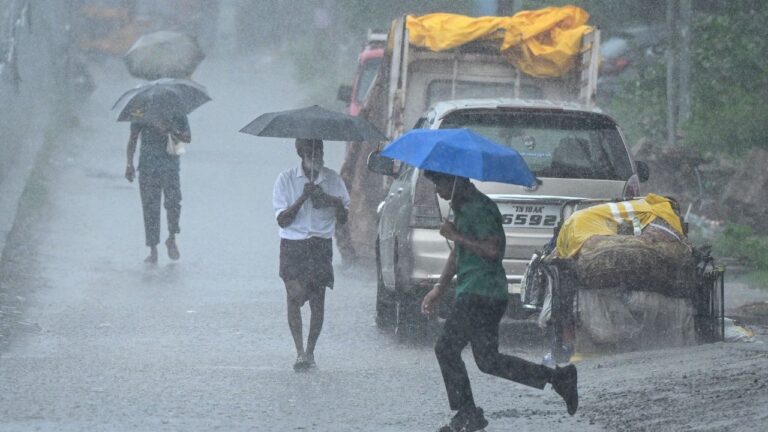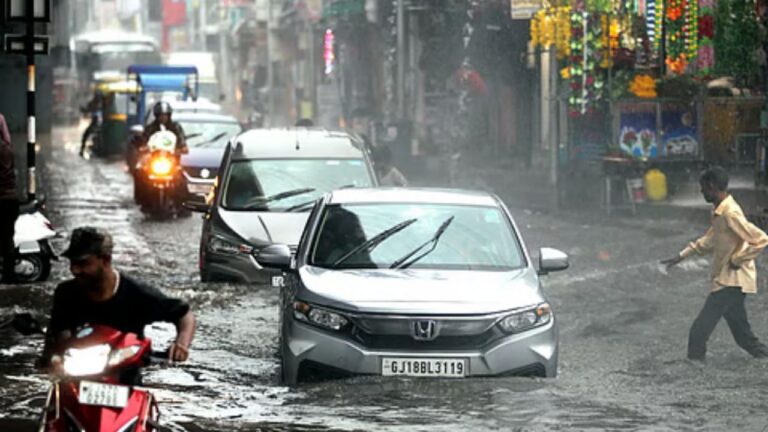
A recent nationwide survey has revealed that an overwhelming majority of Indians have experienced extreme weather events, with 71% reporting exposure to severe heatwaves. Conducted jointly by the Yale Program on Climate Change Communication (YPCCC) and CVoter, the study surveyed 10,751 adults across various Indian cities between December 5, 2024, and February 18, 2025.
The survey found that many Indians have recently endured climate-related challenges including intense heatwaves, droughts, floods, water shortages, and erratic monsoon patterns. These environmental events are not only threatening lives and livelihoods but are also shaping public opinion and awareness around climate change and extreme weather conditions.
“Extreme weather events are not rare or abstract concerns for most Indians—they are a part of everyday life,” said Emily Richards, one of the researchers involved in the study. “The widespread worry stems directly from people’s lived experiences.”
The research team included Marija Verner, Jennifer Marlon, Jagadish Thaker, Jennifer Carman, Seth Rosenthal, Yashwant Deshmukh, Gaura Shukla, Emily Richards, Emily Goddard, and Anthony Leiserowitz. According to the findings, most respondents reported experiencing at least one extreme weather event or its impact over the past year.
Highlighting the various hardships, Marija Verner stated that 60% of participants reported suffering from agricultural pests and diseases, 59% faced power outages, 53% encountered water pollution, while 52% experienced both drought and severe air pollution.
The survey also uncovered a deep concern among the population regarding the future impact of these climate-related events. Over half of the respondents said they were “very worried” about various environmental threats. Key concerns include agricultural pests and diseases (62%), extinction of plant and animal species (61%), droughts and water shortages (58%), and severe heatwaves (56%).
Jagadish Thaker noted that a significant portion of the population attributes these climate challenges to global warming. According to the data, 64% of Indians believe global warming is driving species extinction, 62% link it to heatwaves, and 60% associate it with drought and water scarcity. Many also blamed global warming for air and water pollution, cyclones, floods, and disruptions to the monsoon season.
Interestingly, 43% of respondents said global warming is a factor contributing to frequent power outages. However, the study also revealed a gap in awareness, with 32% of participants admitting they had never heard of global warming.
Jennifer Marlon stressed the urgency of enhancing public understanding of climate change. “These findings underscore the importance of educating the public about global warming and its local effects. It’s crucial to reduce carbon pollution and prepare for future climate-related disasters.”
The study offers valuable insight into how climate change is not just a global issue but a deeply personal one for millions of Indians already facing its consequences firsthand.






